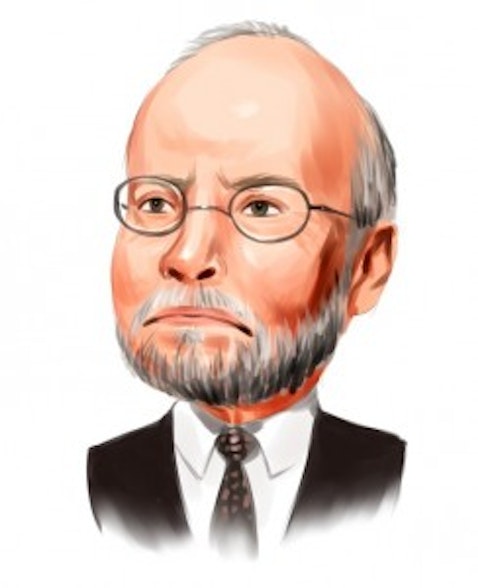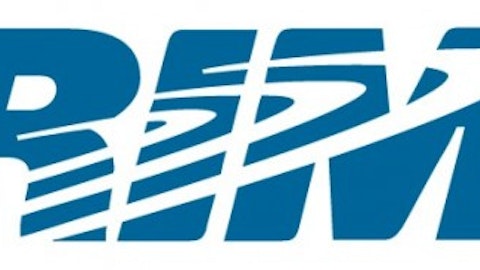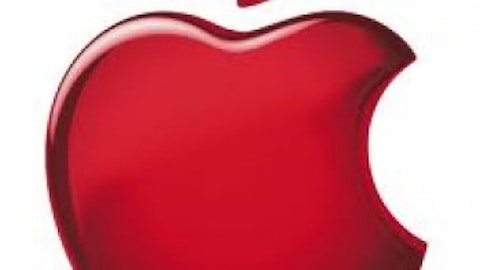
BMC is a provider of IT solutions for cloud computing. Elliott has been pressuring BMC to sell all or parts of its business. Back in October, it was reported that buyout interest was coming from KKR and TPG Capital. Recent news shows that BMC has been in talks with Bank of America about brokering such a deal. Elliott has noted that potential buyers could include industry players like Oracle and private equity firms.
BMC’s recent earnings announcement pushed the company down 10% on lowered EPS guidance for 2013, but investors may well be able to use the pullback as a buying opportunity. BMC posted EPS of $0.99 compared to $0.93 for the same quarter last year, but the expected fiscal year 2013 EPS forecast missed analysts’ estimates. BMC now expects EPS to come in at a range of $3.35 to $3.45, which is less than BMC’s prior forecast of $3.49 to $3.59 and below consensus estimates of $3.56.
Compared to other major software providers, BMC trades well in line with its peers:
| BMC Software | IBM | CA | Microsoft (NASDAQ:MSFT) | |
| Price to Earnings (next year earnings) | 10.8 | 11 | 9.8 | 8.7 |
The price to earnings multiple does, however, rank on the low end of BMC’s five-year average P/E trading range — a low of 12.7 to a high of 23.2. With potential buyout speculation, and the company’s exposure to one of the fastest growing tech industries (cloud computing), the case can be made that BMC deserves to trade at a higher multiple. This case is only further strengthened when looking at its expected growth:
| BMC Software | IBM | CA | Microsoft | |
| 5-Yr. Expected EPS Growth (Wall Street estimates) | 12% | 9.80% | 8% | 8.10% |
All of these companies are looking to make cloud computing a bigger part of their businesses. One of the big potential benefits to buyers is that BMC offers a lot of exposure to the cloud market. This includes BMC’s continued partnership with CRM leader Salesforce.com. Intel, meanwhile, is betting on the Government’s adoption of the cloud, and International Business Machines Corp. (NYSE:IBM) on social cloud services. Other major tech giant Microsoft Corporation (NASDAQ:MSFT) has managed to position its suite of Office products as a cloud focus, with Businessweek dubbing the Office as “software for the cloud.”
CA, Inc. (NASDAQ:CA) offers enterprise IT management software and solutions. The tech company also took a hit when it lowered its 2013 guidance, and the stock is down over 5% over the last twelve months. Yet, much like BMC, the company should perform well over the interim given its exposure to cloud computing, although with a $11.4 billion market cap it might not be as enticing a buyout candidate as BMC. The demand and acceptance for cloud services should only grow in 2013; for its 2013 cloud predictions, CA notes had this to say:
As case studies of the benefits of cloud are beginning to surface in even the most conservative and security conscious of domains such as healthcare, government, and accounting, its benefits are certainly becoming much more broadly understood.
Splunk Inc is another tech company collecting data and enabling for searching and monitoring that could also be ripe for a buyout. Since the company’s April 2012 IPO, the stock is down over 5% and trades with a $3.3 billion market cap. Earlier this year it was reported that IBM may well be interested in purchasing the company. James Gilman of Drexel Hamilton believes that Splunk could go for upwards of $4 billion.





